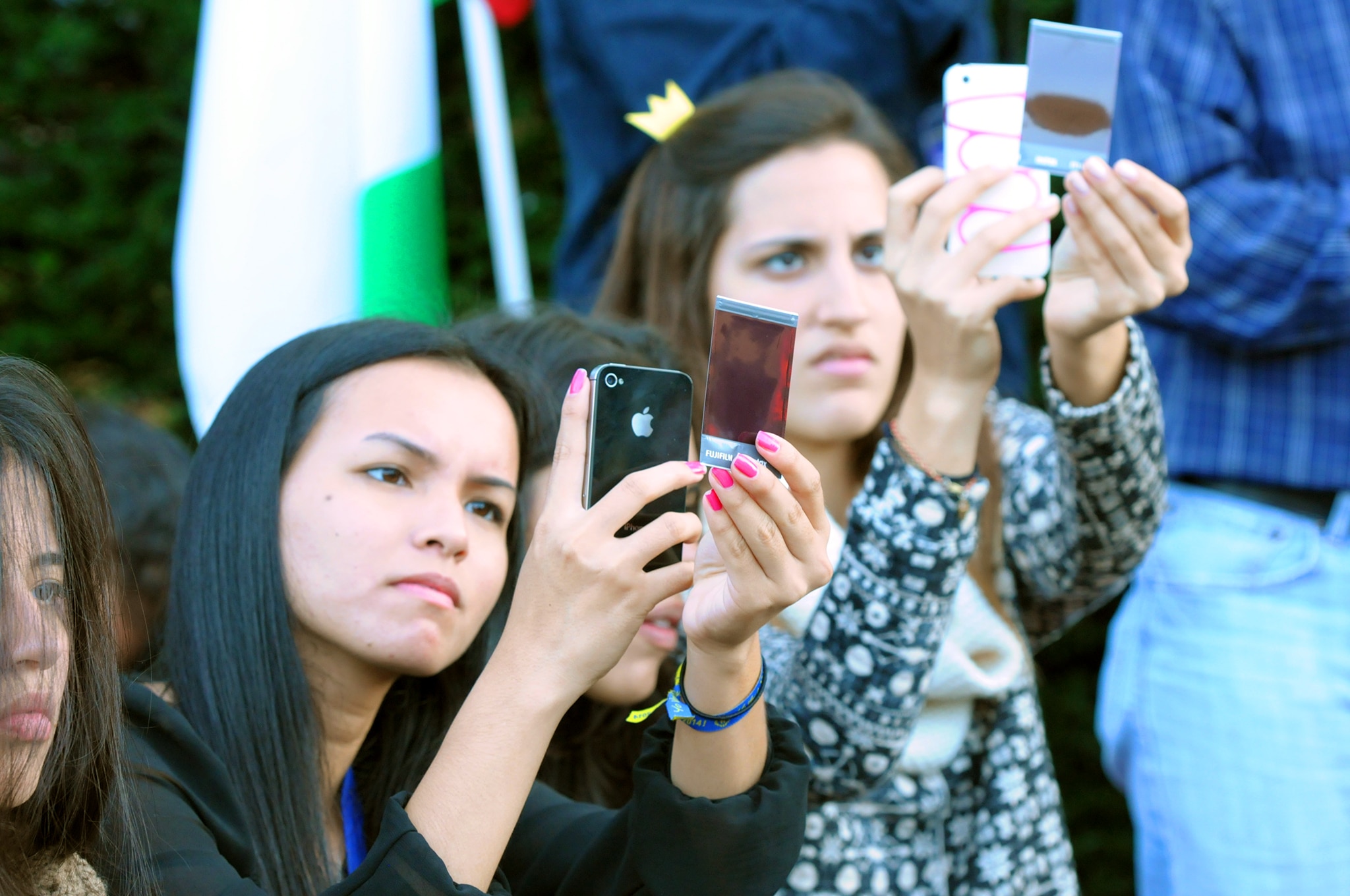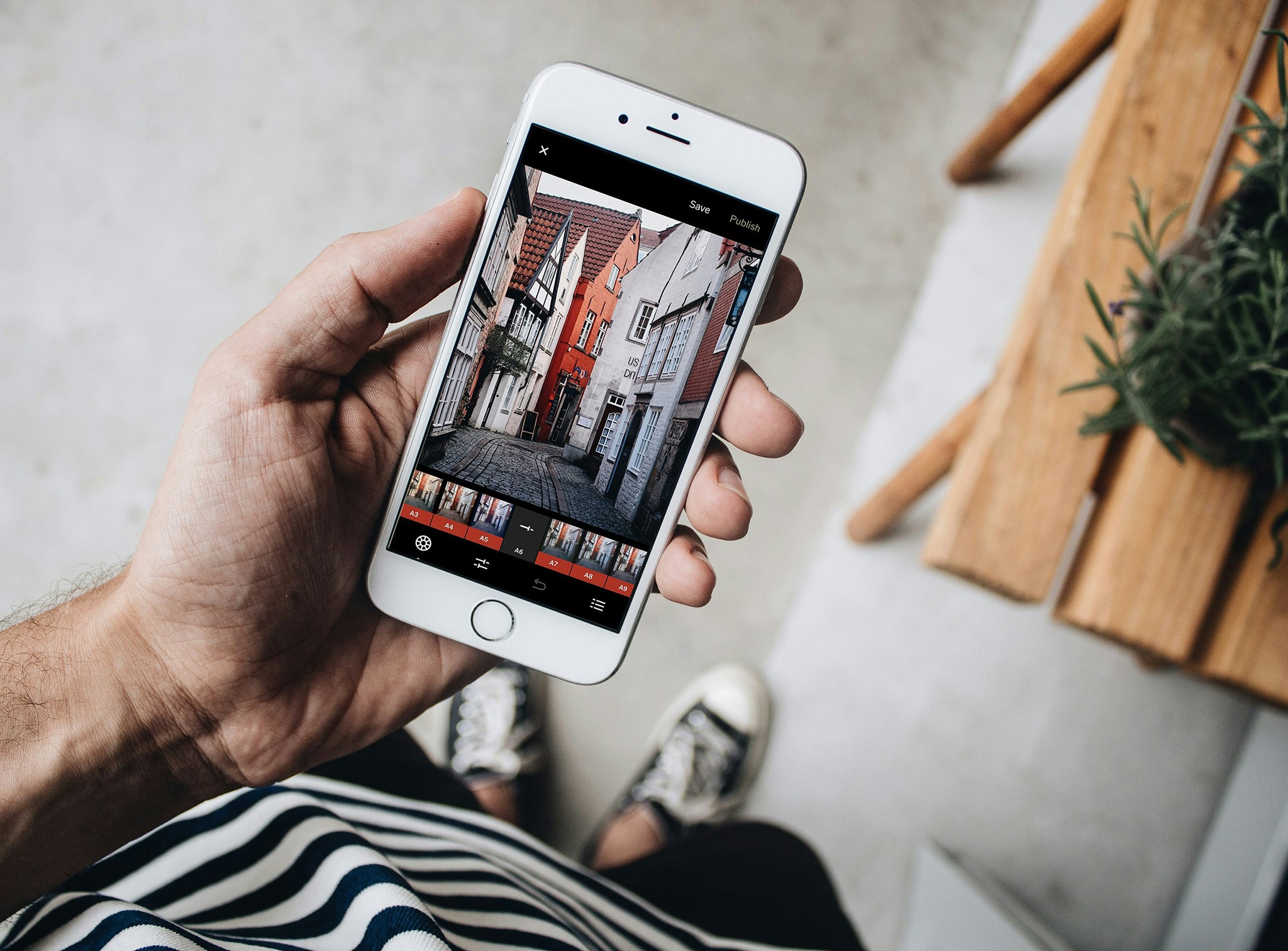When Lent comes around, we often look for ways to fast and sacrifice. Nowadays, for many Catholics, this period is marked by disconnecting from everything digital: less time on Instagram, Facebook, WhatsApp, TikTok… and so many other time and energy-consuming media.
Mayra Montoya Petry, from Brazil, a member of the Schoenstatt Family Movement, says: “It is not the first year that I have done this. It was an interesting experience, because by reducing the time we spend on social networks, we realized to what extent we are held hostage by technology. And living in the real world is certainly much better than in the virtual world. It’s worth connecting with yourself and only then reconnecting with the outside world.”
The challenging experience will soon come to an end, after Easter. But what have we learned from this, and how can we maintain a routine of self-education and obtain even more benefits?
As a contribution, José Luis Serrano, Professor of Educational Technology at the University of Murcia, Spain, shares his recent article:
Technology yes or no? That is the big question
In our daily lives, and often through our mobile devices, we receive a barrage of messages that contribute to a polarized view of technology. On the one hand, some studies warn about its negative effects such as depression, anxiety, stress, emotional exhaustion, sedentary lifestyle, or poor sleep quality. But, at the same time, there are others that recognize its importance for communication, relationship building, self-expression, information management, teaching or learning. However, they also recognize that, for the time being, the real influence that screens have on health or education is still unknown.
Both the Internet and social networks (and the devices we use to access them) can be healthy or unhealthy depending on how we use them. Examples of the latter are zombie scrolling (scrolling down the screen without being aware of what we see), cyber laziness, multitasking and constant interruptions. Therefore, when using these devices, it is advisable to take frequent breaks, incorporate moments of physical activity and control the time we spend in front of screens.
A relatively new concept that has emerged as a result of these problems is that of digital detox, a strategy that emerged with the promise of making the effects of excessive use disappear.

The myth of digital “detox”
The digital detox consists of a voluntary pause in the use of technology. It can last 24 hours or a week, and its purpose is to reduce the time spent online, and with it the stress, anxiety, depression, addiction, or cognitive overload that can be caused by the continued use of mobile phones, tablets or computers.
A recent study of 850 German participants (aged 18-65) did not find that using a mobile phone continuously rather than intermittently has an impact on mental well-being. Instead, variables such as type of activity, time of day and personality traits such as extroversion or introversion play a more significant role, according to another research.
A systematic review concluded that a one-time disconnection has no direct relationship with well-being, self-control, or general health.
24 hours without the means to gain awareness
Drastically distancing ourselves from technology with restrictions and without changing habits will not bring about effective change. We can flee the digital world temporarily, but our habits will continue to hang around waiting for us.
On the other hand, making occasional disconnections can be useful to initiate a process of reflection and become aware of our use of technology. This conclusion was reached in one of the first studies on digital disconnection published in 2012. It involved 1,000 university students from ten different countries, and they tried to go 24 hours without technological devices.
In 2017, we replicated this earlier study. To date, 539 students at Murcia University have tried to spend 24 hours disconnected from TV, tablet, computer and mobile. Only one third have succeeded, but the most important thing was the self-knowledge gained.
The students became aware of the abusive use they tend to make of technologies. They also became aware of the influence of digital media in their daily routines. They noticed their technological dependence, an improvement in concentration and a decrease in interruptions during the time they were disconnected.
However, they experienced difficulties in performing academic tasks or communicating with others. Some students reported feeling isolated and anxious due to lack of information.
Taking control
If we really want to enjoy the digital world, a timely disconnection will help us become aware of our use of technology. But if we really want to be effective, it is important to remain watchful and take action by creating a set of long-lasting habits that modify our behaviors in digital environments.
We need to consider how our daily lives, marked by stress, social isolation, sedentary lifestyles, or lack of sleep, diminish our capacity for self-control. This causes us to be less aware and make poorer decisions.
We tend to blame the algorithms of social networks that trap our attention. However, it has recently been shown that it is the internal interruptions of individuals that cause distractions.

User commitment
According to neuroscientist Nazaret Castellanos, “80% of the distractions that hijack us come from inside the home, not outside.” These types of interruptions are often driven by our need to seek new information, social recognition, and fear of missing out on something important.
Technology can protect us from itself as long as there is user commitment. For example, with the use of digital wellness apps. One study concluded that the success of these apps is found in people with a high level of awareness of the role that the mobile phone plays in their lives.
Plan intermittent digital fasting
Digital technology is unlikely to intoxicate us, which highlights a limitation of the digital detox concept. Instead, we propose the strategy of intermittent digital fasting, in which we plan specific periods of mindful technology use.
Recent research does not establish a direct relationship between time of use and well-being. But each person must identify where his or her mental overload red line is. Then he or she can limit the duration of use and choose the most appropriate time to use digital media.
An example that illustrates the above idea: 15 minutes of screen use before bedtime can be more damaging to our overall health than being online for an hour in the evening. The blue light emitted by LEDs suppresses the production of the hormone melatonin. This alters the regulation of circadian rhythms, alertness, and cognitive performance during the day, according to this review. In other words, those 15 minutes before turning off the light can actually worsen our rest, and this has greater consequences than the digital consumption time in the evening.
Taking control
In conclusion, the relationship between technology use and well-being depends on many variables and on the interaction between them. Cultural factors or personality traits will influence the strategies that are most effective for each person.
The goal is not to detoxify ourselves from digital technology, but rather to learn to control its use in order to live the best of each world. Psychologist Luis Muiño puts it this way:
“Knowing that we are temporarily escaping the real world and then being able to control when we can return to it is a fundamental part of our relationship with the technological world.”
Source: theconversation.com, published with the author’s authorization. Diana López Conesa, vocational training teacher and student of the Master’s Degree in Educational Technology at the University of Murcia, participated in the writing of this article.
[1] The data comes from a survey by the technology website ElectronicsHub, published in April 2023.
